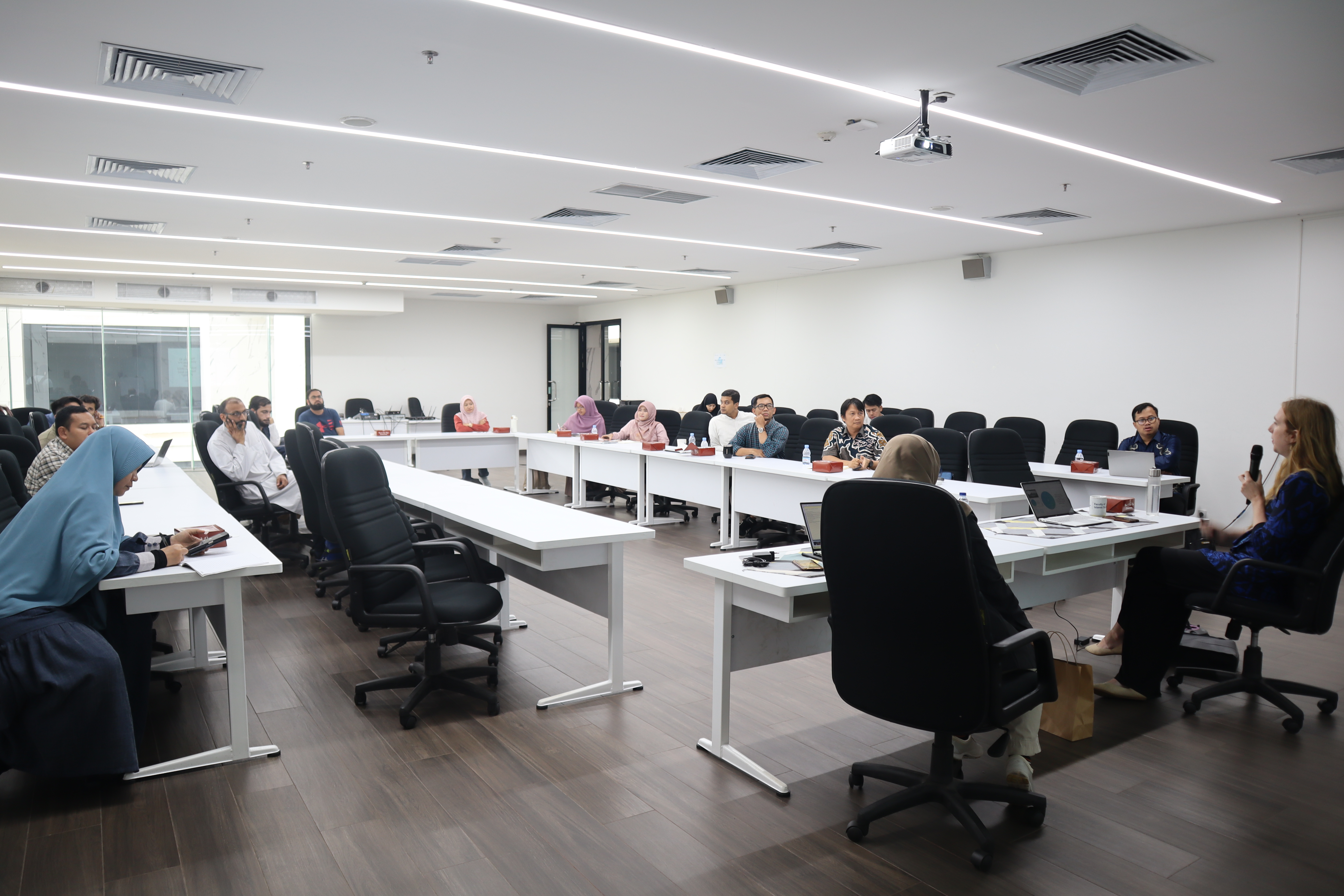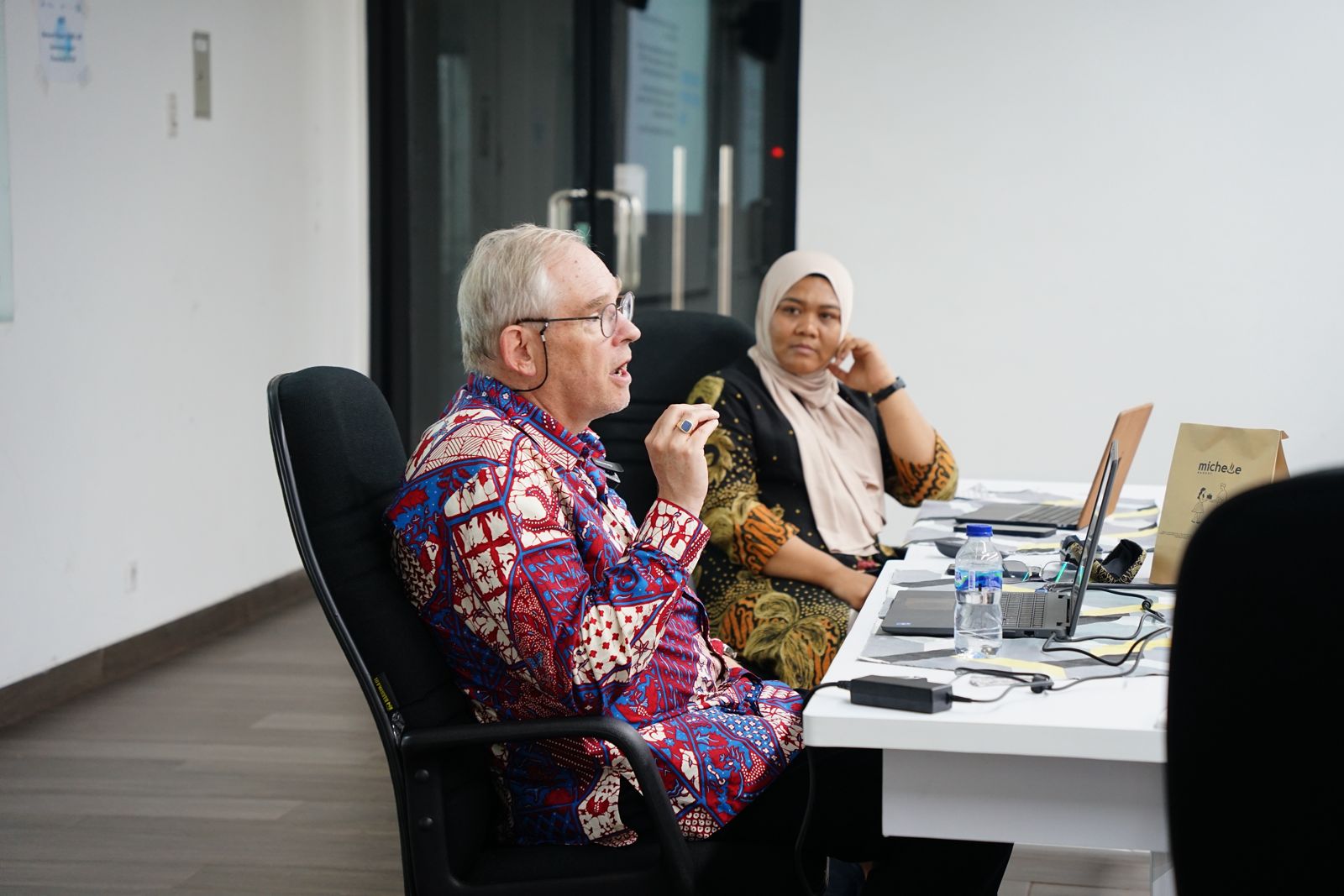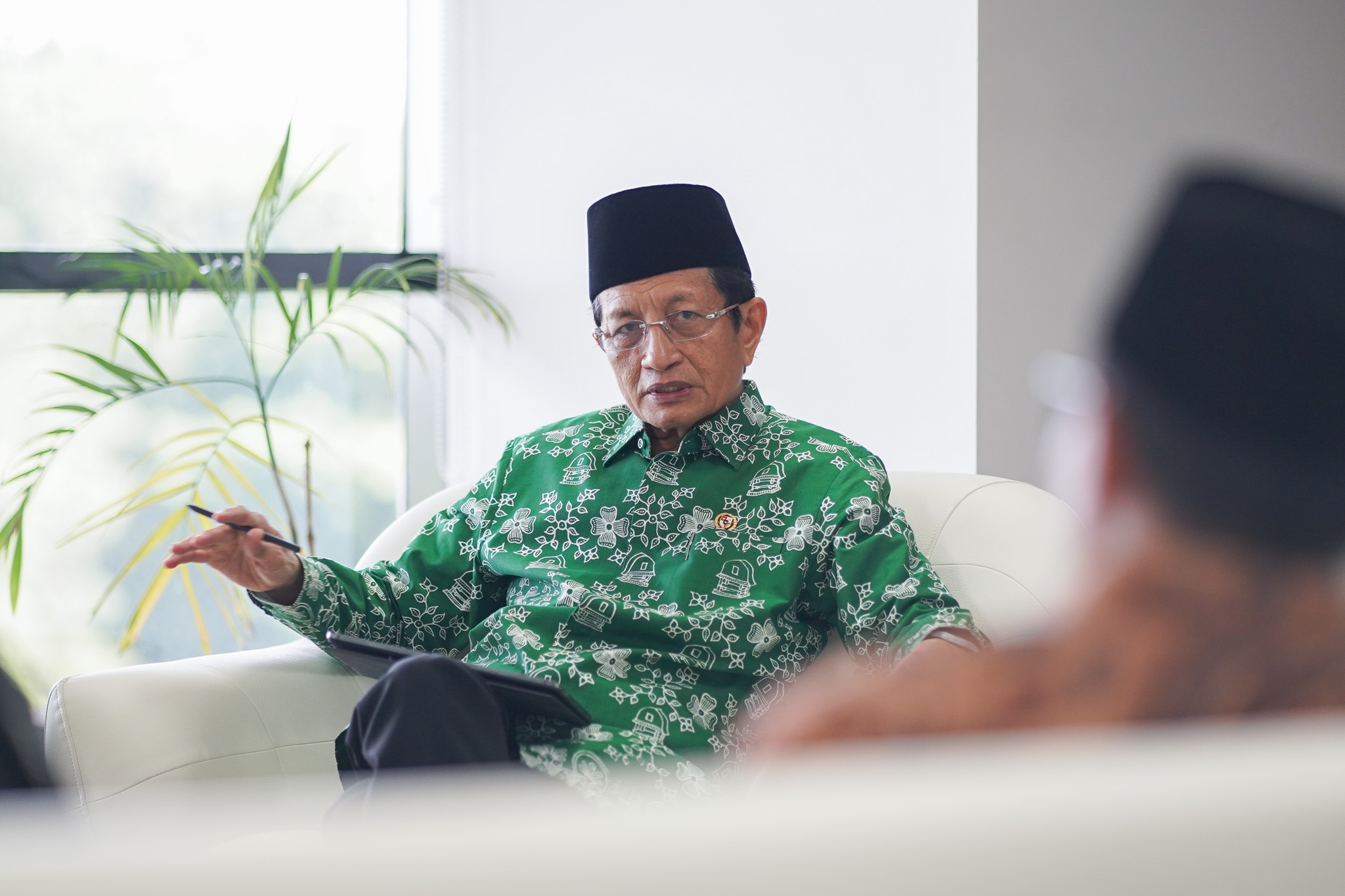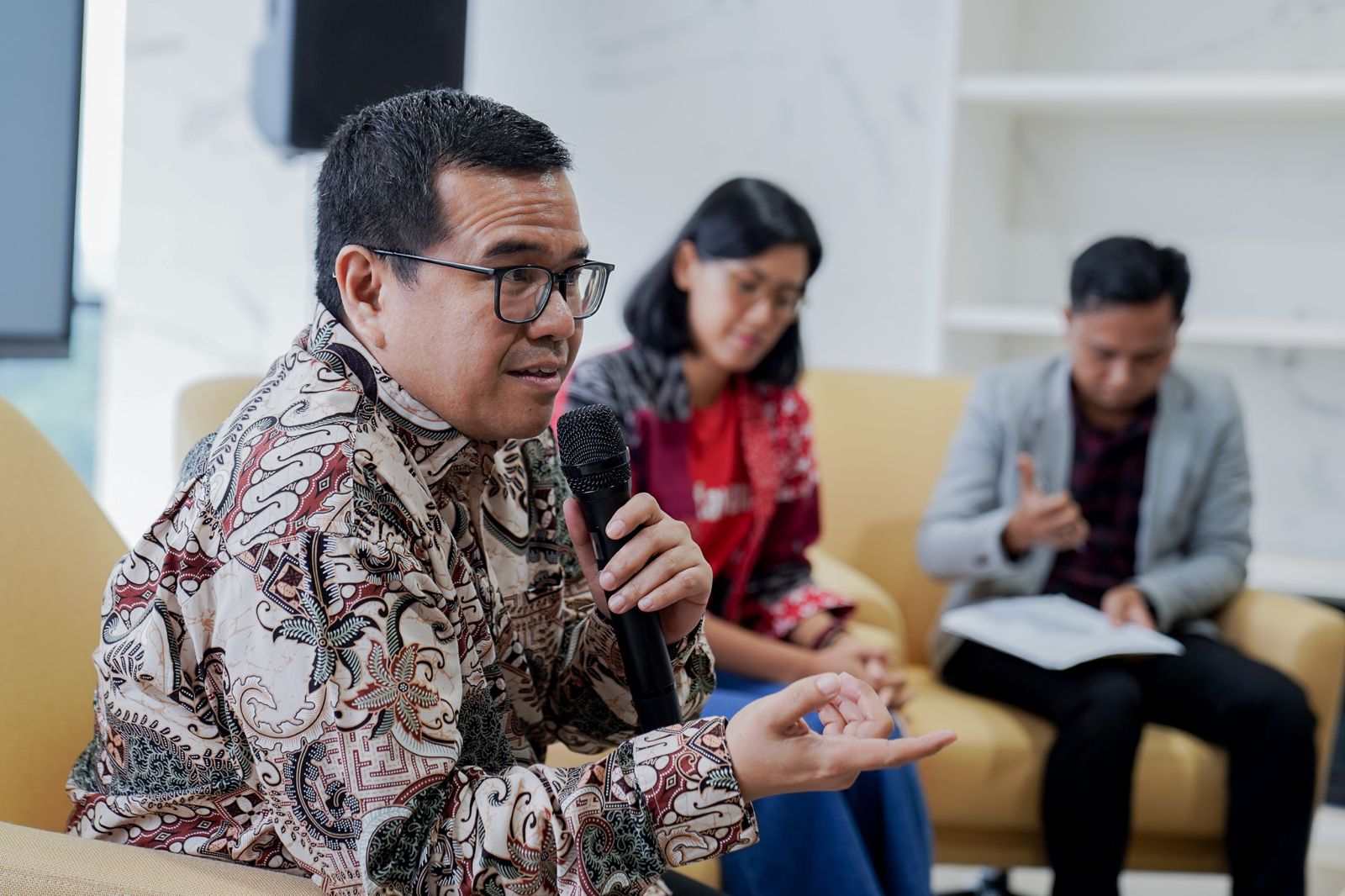Halal But Poisonous? Let’s Talk About Contaminated Food with Wietske Merison
December 17, 2024Contributor: Supriyono | Editor: Dadi Darmadi | Photo: Dzakiyyah Fauziyah Rif'at
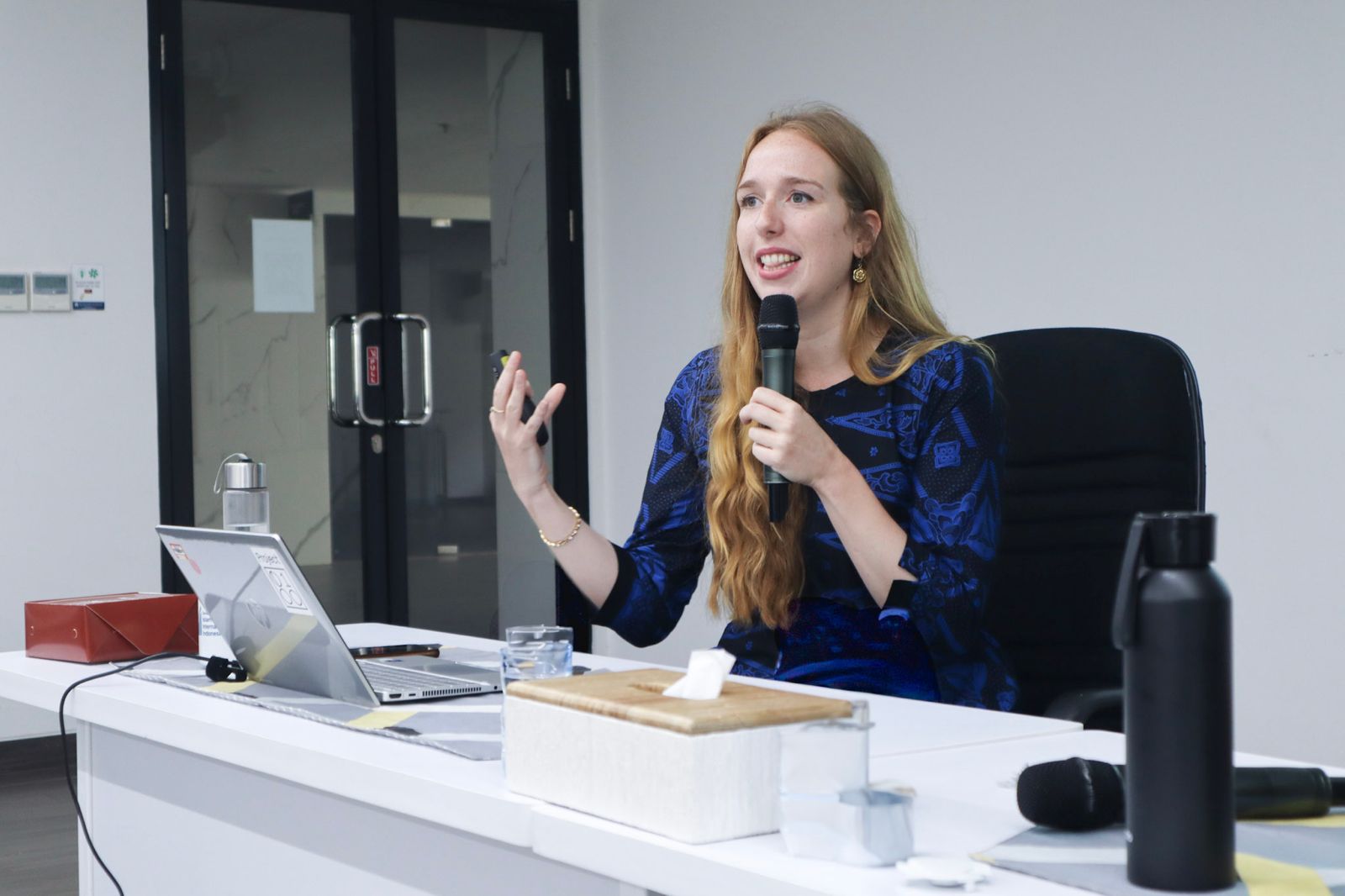
‘Is it halal to eat food contaminated with toxic material?’ This was the provocative question raised by Wietske Merison during her talk at Universitas Islam Internasional Indonesia (UIII) on December 5, 2024. The event, hosted by Center of Islam and Global Challenges (IGC), the Faculty of Islamic Studies, tackled a hidden but serious problem: lead contamination in Indonesia’s food system.
Wietske Merison is a research fellow at the Center of Islam and Global Challenges (IGC) at UIII’s Faculty of Islamic Studies. In addition, she is pursuing her doctorate in the S.J.D. Program at UCLA Law, where her research focuses on the intersection of Islamic Law, Environmental Law, and Human Rights Law.
In her presentation, titled “Halal Poison: Lead Contamination in Food Systems in Indonesia,” Merison pulled back the curtain on how toxic metals like lead are finding their way into everyday staples, such as rice and seafood, and the serious harm they can cause.
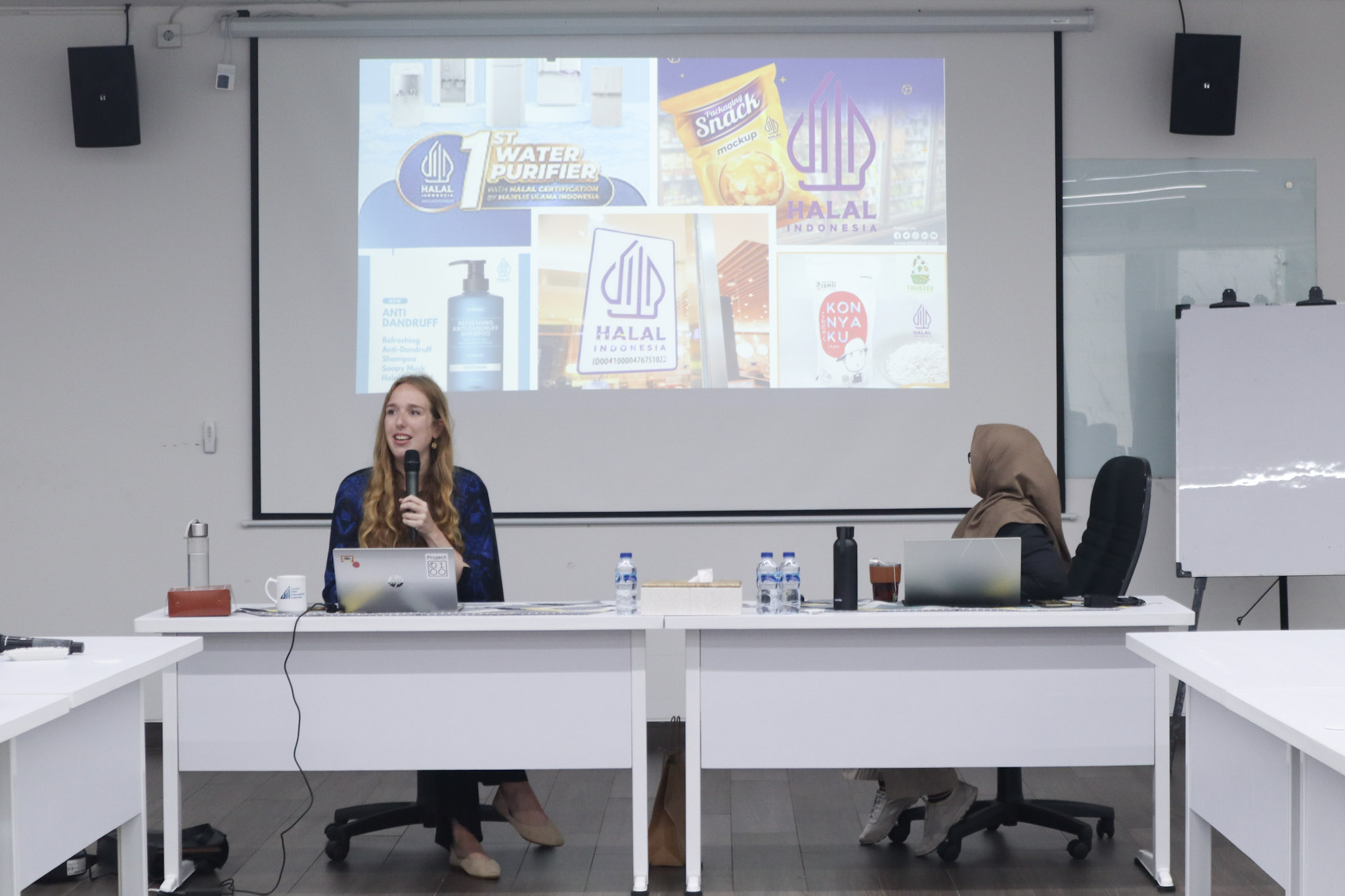
“Indonesia is the third-largest producer of rice worldwide,” Merison said. “Unfortunately, Indonesian paddy soils are frequently polluted with lead (Pb) and cadmium (Cd).” Beside rice, green mussels, a popular seafood in Indonesia, are also heavily polluted. “All over Indonesia green mussels exceed accepted limits of lead (Pb), mercury (Hg) and cadmium (Cd),” she explained, citing the findings of previous studies.
‘Lead’ (Pb) is a toxic heavy metal, and there is no safe level of exposure, Merison explained. While lead has been widely used in products like batteries, paint, and even cosmetics, its impact on health is severe. Lead poisoning can cause developmental delays, lower IQ, asthma, heart disease, and even death.
Lead contamination, Merison said, can be an example of what Rob Nixon coined as “slow violence” for it silently damages the environment and human health over time, making it harder to detect and address. In 2019 alone, lead poisoning contributed to 5.5 million deaths worldwide, with 90% of those occurring in developing countries.
So, how did lead end up in Indonesian rice and mussels? Merison provided indefinite answers, saying that small-scale answers could be from paint chips, industry waste, leaded gasoline, lead pipes, and lead smelting. The large-scale answer, however, could be from the neo-colonial global capitalist system, corporate greed, and consumerism, she said.
But the most critical question to ask: ‘is it halal to consume poisonous food?’ She referenced a hadith where the Prophet Muhammad warned against self-harm, including consuming poison. The Qur’an similarly cautions against corruption and harm caused by human actions. Hence, drawing on the principles of maqāṣid al-sharīʿa—the preservation of life, intellect, and property—Merison argued that lead contamination violates these core Islamic values.
The discussion brought by Wietske Merison was eye-opening and posed as a wake-up call about health, faith, and the choices we make every day. Her lecture urged attendees to reflect on the broader implications of lead contamination, framing it not just as a scientific or environmental issue but also as a moral and spiritual challenge.
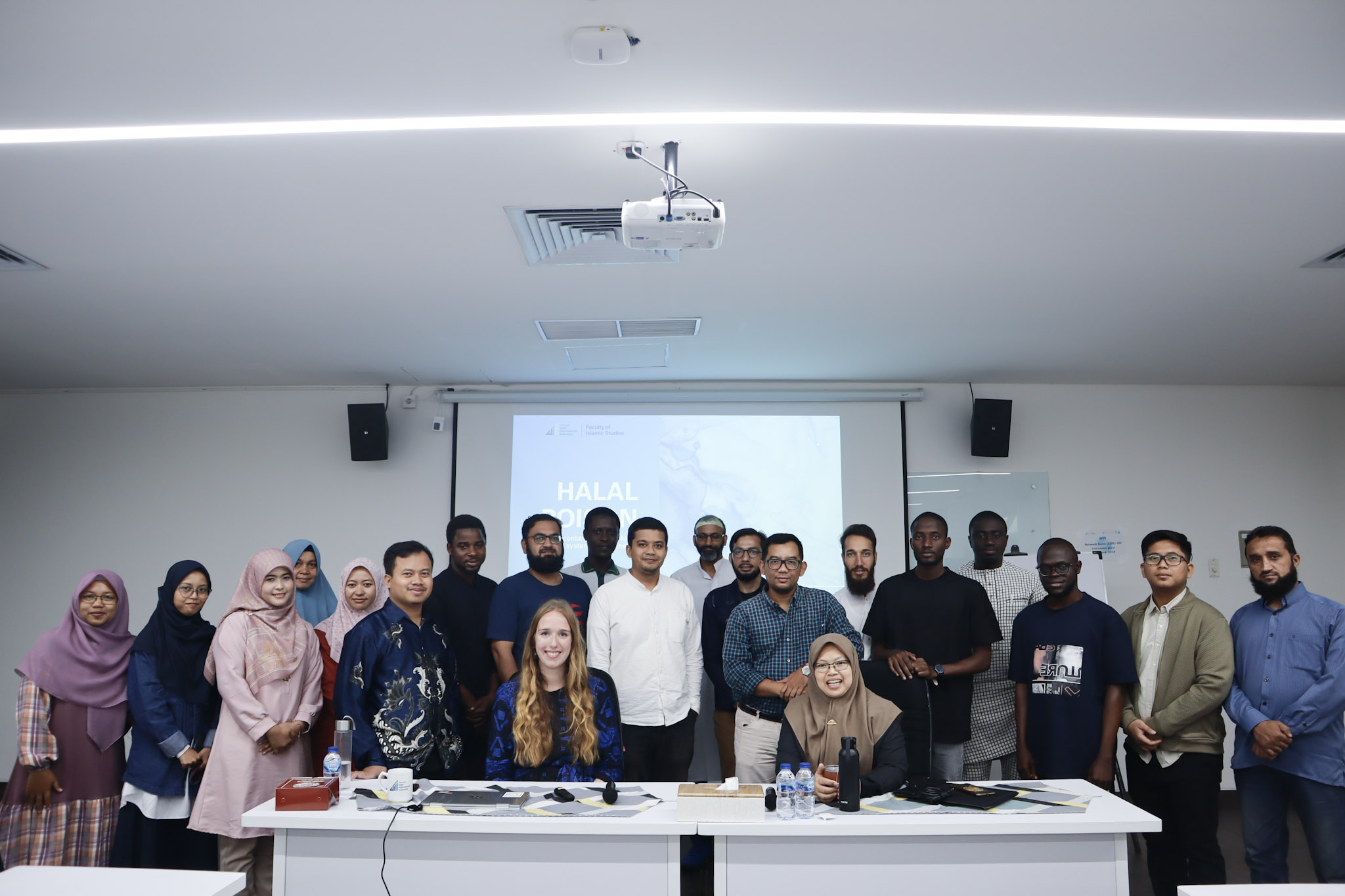
- Key Social Science Debates in Islamic Studies: Insights from Prof. Stéphane Lacroix at UIII
- Indonesia Introduces New Approach to Enhance Students’ Higher-Order Thinking
- Sex Trafficking Disguised as Secret Marriage: Dr. Zezen’s Lecture at SOAS University of London
- Islam and National Identity: Dr. Andar Nubowo on Indonesia’s Moderate Islamic Framework
- Green Ramadan: A Sustainable Initiative in the Sacred Month
- Prof. Dr. Phil. Sahiron: Bridging Classical and Contemporary Quranic Studies
- Joel N. Lohr on Indonesia, Higher Education, and Intercultural Dialogue
- Prof. Sahiron Syamsuddin Affirms Ministry’s Support for UIII-Al Azhar Partnership
- 'Indonesia Has Strong Commitment to Islamic Knowledge': Al-Azhar Rector at UIII
- A Green Awakening: How Indonesia’s Muslim Communities Are Leading the Charge for Sustainability
